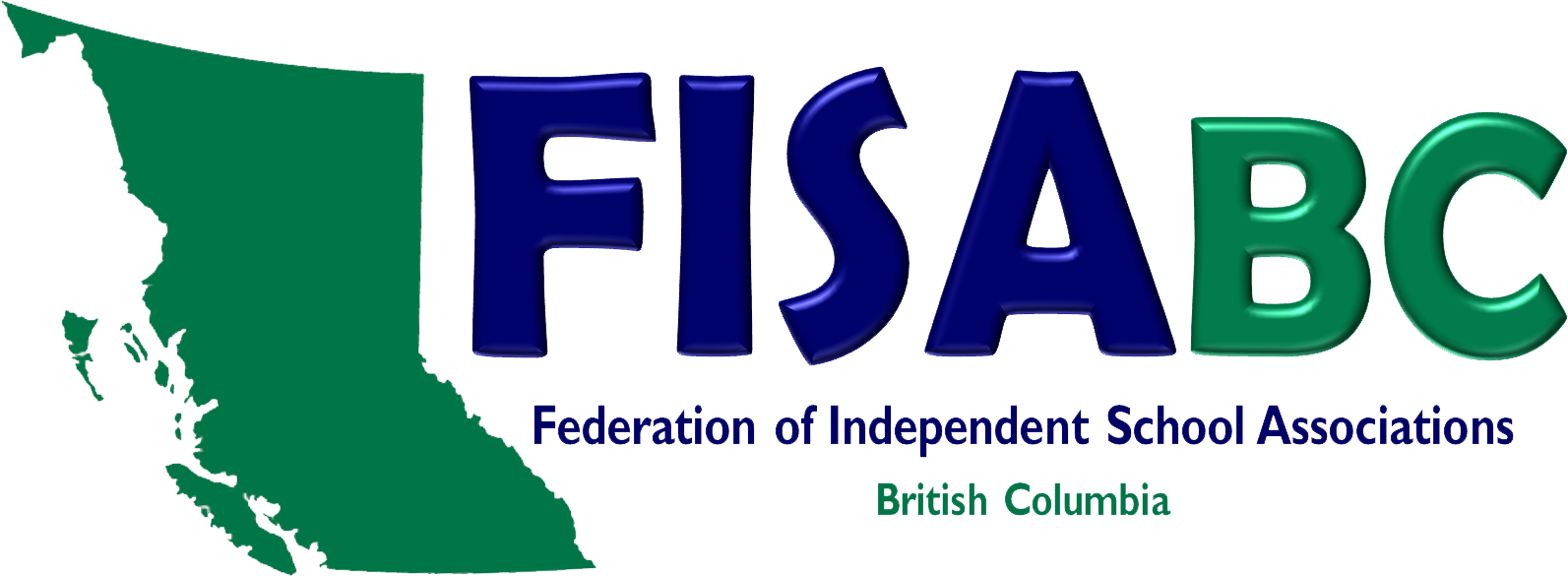
INTERNATIONAL LAW ON PARENTAL CHOICE IN EDUCATION
(This extract formed Appendix E “Parental Choice in Education” in the FISA BC Brief to the Royal Commission on Education, March 1, 1988, Mr. B. Sullivan, Q.C. Commissioner)
The stress that the brief makes on the rights of parents to exercise choice in the education of their children is a position that is widely recognized in both practice and law. The point is made by N. Finkelstein in “Legal and Constitutional Aspects of Public Funding for Private Schools in Ontario” January 29, 1985, when he states:
“In my view, given the consistency among the Canadian, American, and international law on the point, the liberty interest in s.7 of the Charter comprehends the right of parents to educate their children and establish private schools.” 1
The extent of the concept may be judged from the embodiment of the ideas of freedom, choice, and parental rights in various international documents. As Finkelstein argues:
“Another source of law which is likely to be persuasive is international law. Numerous international conventions recognize a liberty interest in parents to direct their children’s education and by implication, a concomitant right to establish private schools. 51 While international treaties have no direct application in Canada until implemented by competent legislation, 52they are evidence of what is done in other free and democratic societies. International law has been considered in both pre-Charter 53 and Charter cases, 54 and is thereby useful at least indirectly on questions of Canadian law.” 2
The following excerpts underscore his comments:
- The Universal Declaration of Human Rights of the United Nations, Art.26. s.3 states:
“Parents have a prior right to choose the kind of education that shall be given to their children.” - The International Covenant on Economic, Social and Cultural Rights, Art.13. s.3 states:
“The States Parties to the present Covenant undertake to have respect for the liberty of parents, and when applicable, legal guardians to choose for the children schools, other than those established by the public authorities, which confirm to such minimum educational standards as may be laid down or approved by the State and to ensure the religious and moral education of the children in conformity with their own convictions.”
Also Art.12. s.2:
“The States Parties to the present Covenant recognize that, with a view to achieving the full realization of this right:- Primary education shall be compulsory and available free to all;
- Secondary education in its different forms, including technical and vocational secondary education, shall be made generally available and accessible to all by every appropriate means, and in particular by the progressive introduction of free education.”
- The First Protocol to the European Convention on Human Rights, Art.2 states:
“No person shall be denied the right to education. In the exercise of any functions which it assumes in relation to education and to teaching, the State shall respect the rights of parents to ensure such education and teaching in conformity with their own religious and philosophical convictions.” - International Covenant on Civil and Political Rights, Art.18. s.4 states:
“The States Parties to the present Covenant undertake to have respect for the liberty of parents and, when applicable, legal guardians to ensure the religious and moral education of their children in conformity with their own convictions.” 3
Footnotes:
- “Legal and Constitutional Aspects of Public Funding for Private Schools in Ontario” January 29, 1985, by N. Finkelstein, page 89. This article forms Appendix D of The Report of the Commission on Private Schools in Ontario by B.J. Shapiro, Commissioner, October 1985.
- ibid., page 89.
- ibid., page 99.
BC EDUCATIONAL LAW
The BC Ministry of Education website contains the ACTS, Regulations, Orders, and Policies dealing with education.
As public bodies, public schools are governed according to the School Act and its related Regulations, Orders, and Policies.
As non-Government bodies, independent schools are regulated according to the Independent School Act and its related Regulations Orders, and Policies. That which occurs in the public system does not apply to independent schools, unless theIndependent School Act and its related Regulations, Orders, and Policies makes provision for such application. For example, graduation requirements from Grade 12 are the same for both public and independent schools.
